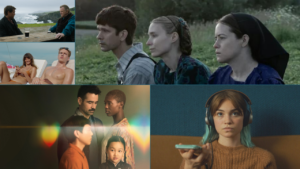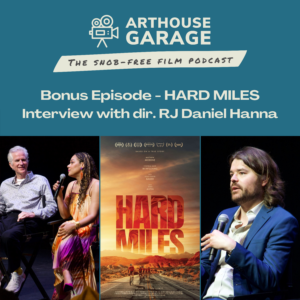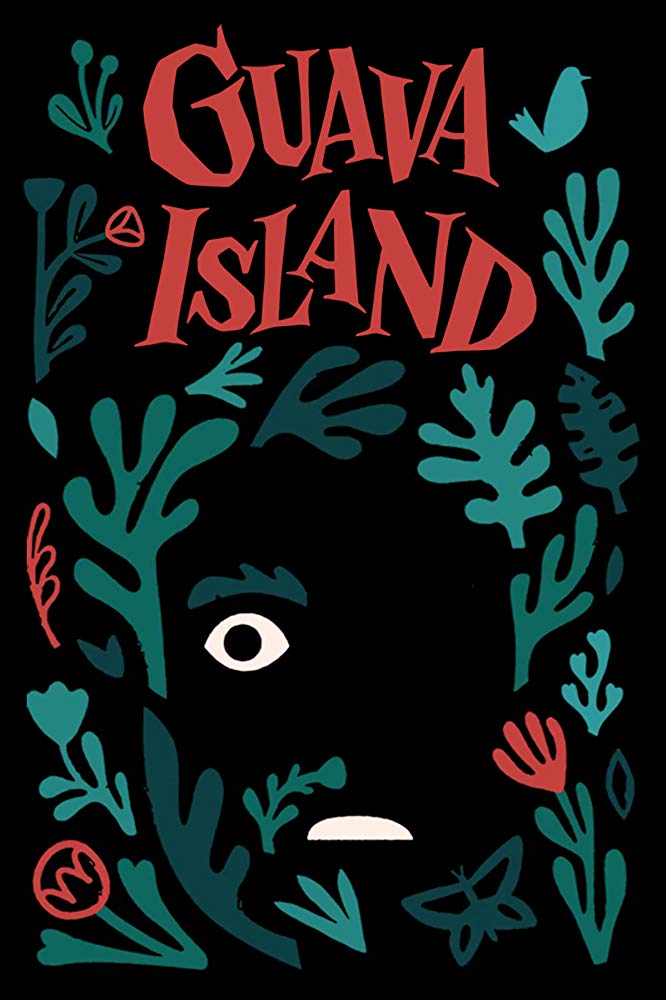
Donald Glover has always been interested in storytelling, and even in cinema in particular. Apart from the fact that some of his earliest work was online sketch comedy (where I first encountered him in college), he also has a history of dropping film references in his music, under his Childish Gambino moniker (“Uncool, but lyrically I’m a stone cold killer / so it’s 400 blows to these Truffaut n****s”). Many of his music videos have a certain cinematic quality to them as well, and his acting career has become increasingly prolific and high profile. He has also become heavily involved in the TV world, producing and starring in the hit series Atlanta, and winning several awards along the way.
So, obviously, he has a lot going on. Does all that make him a….quintuple threat? I lost count. Donald Glover has worn many hats in the entertainment world, but, for my money, he has never produced, written, and starred in a film proper. Not until Guava Island, which dropped on Amazon last week.
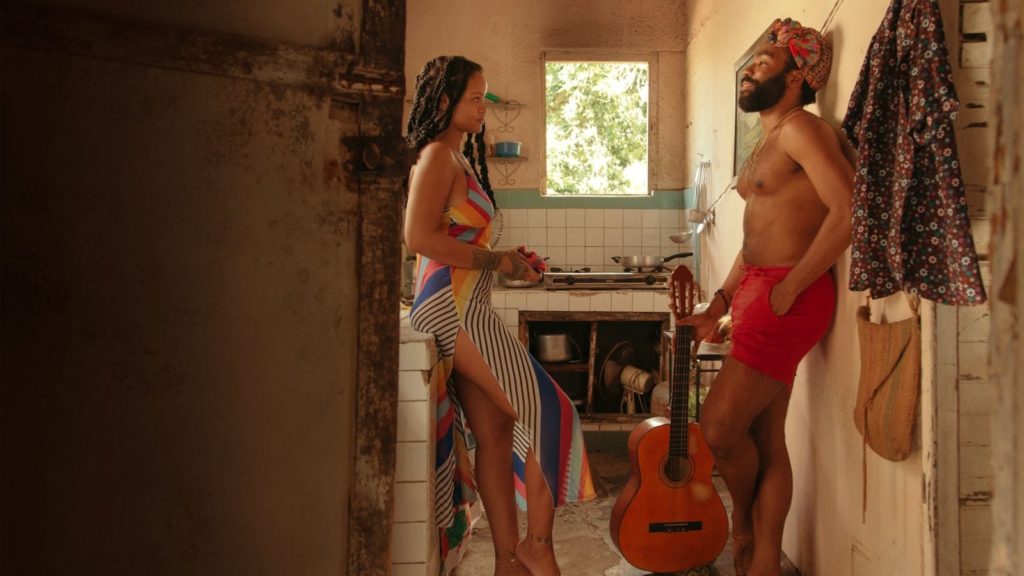
Guava Island is not quite like anything I’ve seen before. It’s not a music video, though it shares a lot of DNA with music videos. It’s something like an album tie-in film, in the vein of Kanye West’s My Beautiful Dark Twisted Fantasy short film, but it’s much bigger (and better) than that. Really, the closest comparison I can make is to the films of The Beatles, which had (sometimes very loose) narrative structures and featured a bunch of Beatles songs. Guava Island is similar to these things, better it’s also better than all of them.
So what is it? It’s a story about a musician named Demi (played by Glover) who wants to free people with music, but the dictator who controls the silk trade on the island wants to put a stop to him. The plot is simple enough, though it does open the door to some interesting themes of capitalism and business vs. art, but where Guava Island shines is in its style. The aspect ratio and pronounced film grain imitate much earlier films (I kept thinking of Black Orpheus), and the elemental nature of the story unties the film from any particular time period. The set and costume design are also top-notch and really enfold you in the depicted cultural moment.
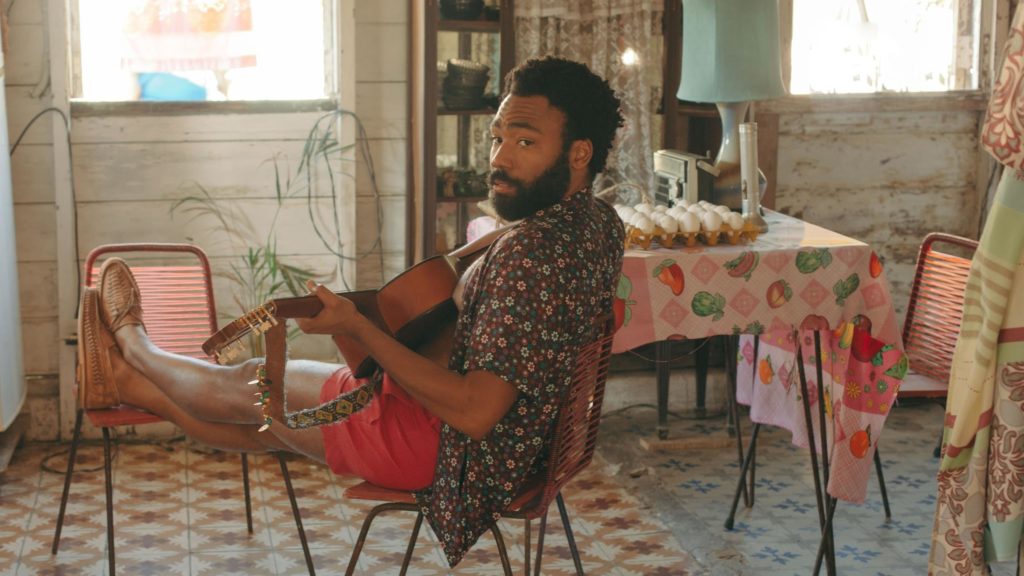
That word “elemental” first came to mind during the film’s opening, in which Kofi (Rihanna) voices a story over a beautifully-animated introduction that deals with love and war and the history of the island. Think: the opening to Moana but with a more Caribbean flair. From there, we meet our hero and follow his day as he interacts with children, works his job at the radio station and then sings a lot: first at a factory worker, then to his girlfriend. And that’s the real pleasure of this film—watching Glover enter this cultural context we’ve never seen him in and have a ton of fun performing. The “music video” moments in the film are it’s very best.
This movie could easily have pandered to Childish Gambino fans—and to be sure, they will love it—but it also succeeds in being a thought-provoking and emotional film, if a bit lightweight. Guava Island ultimately left me reflecting on the role of art in our modern capitalistic world, as the narrative centers around Demi’s plans for a music festival clashing with the island’s mob boss. Amidst this conflict, Demi unveils an alternate rendering of this year’s Grammy-winning This is America and later performs another familiar song, but there are also few we haven’t heard before (another reason for us Gambino fanboys to tune in).
Clocking in a just under an hour and streaming on Amazon Prime, there’s really no reason not to watch this if you are the least bit interested in Donald Glover or his music. But even if you aren’t and you somehow see this, it will be 55 minutes well spent.


